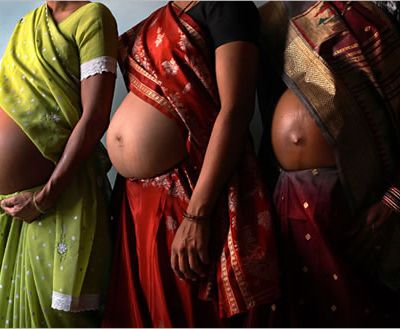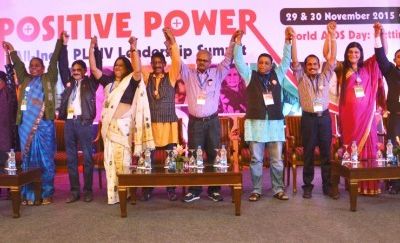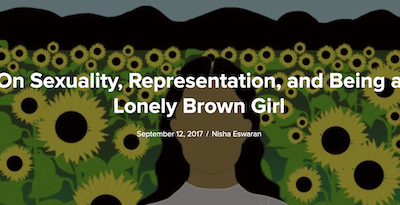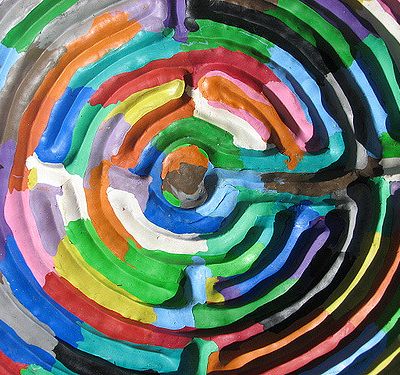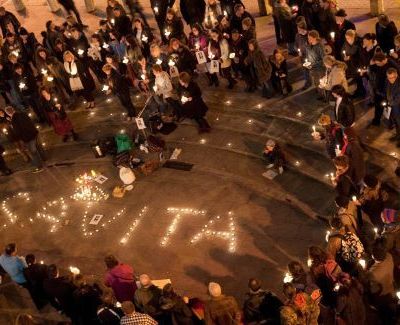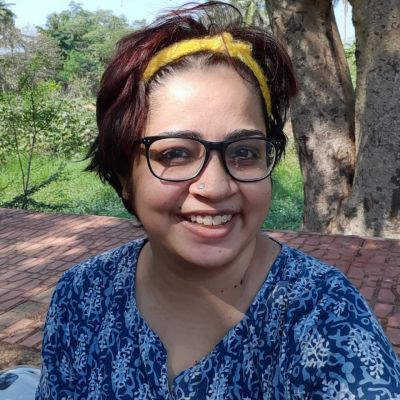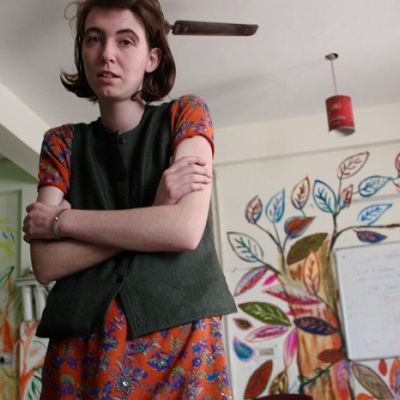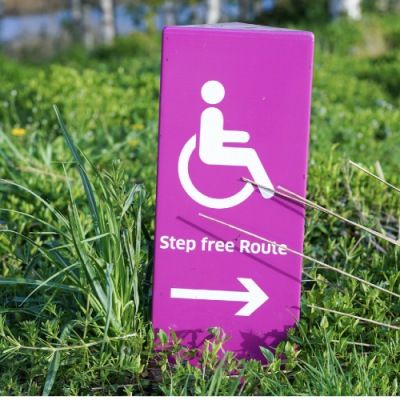India
What vindicates the argument that women with disabilities (WWDs) should be deprived of sexual and reproductive healthcare and rights is scary. Harmful stereotypes of WWDs include the belief that they are hypersexual, incapable, irrational and lacking control. These narratives are then often used to build other perceptions such as that WWDs are inherently vulnerable and should be ‘protected from sexual attack’.
Dr. Lindsey Doe debunks myths around disability and sexuality, at once carving out space for affirming and inclusive discussions and challenging negative and harmful stereotypes. Emphasising the sexuality of people with disabilities as rich and diverse, Lindsey wonders what inclusive sexual and reproductive health and rights really mean.
Mobility is undertaken for varied reasons across contemporary global spaces. One emerging reason for travel and mobility is reproduction. ‘Reproductive…
On the occasion of World AIDS Day 2015, I could not help but ponder on what the day means to…
I long for much more than a greater representation of brown women. I long for a complete overhaul of the racial, gendered, and economic systems that structure our suffering.
But I also long for representation of all people, including brown women, who are in love, who are loveable, and who are — in the absence of love — lonely.
My entire life has been a struggle of confused identities. I stood at the intersection of gay, Muslim and economic privilege.
India has a very liberal abortion law on paper. Compared with global standards, the Indian law that governs abortions, the Medical Termination of Pregnancy Act, allows for abortion for a broad range of indications, making it a very progressive law that has been around for more than four decades. But how many of us really know this?
By Orinam Apr 13 2020 Post comment To the reader: we recognize that the English-language content below may not be…
Disabled people might not have many spaces where they can speak openly about their sexual experiences or even sexual curiosity. There is a heavy monitoring of disabled young people especially, and this can mean that exploration, which is often how many of us discover sexuality, can be limited. Moreover, since the experiences of disabled people are not seen in popular media such as films, we can (and probably do) imagine we will have the same or similar experiences as non-disabled people – which is often not possible.
Despite the intervention of many well-meaning aunties and friends over cups of chai, I don’t think I was aware of how truly strange, let’s even say ridiculous, I looked at the time. Because although I was wearing kurtis nearly every day, I didn’t really understand the ‘rules’ of wearing kurtis.
From not being allowed to work to having their earnings exploited, many women confront economic abuse, a recognised form of domestic abuse.
I have always loved the Internet. Its potential to provide information and connect people has always amazed and enthralled me. Hence, I decided to look at how queer women in India, lesbian and bisexual women in particular, use the Internet to meet other queer women. I looked at three dating sites in particular, PinkSofa, OKCupid and Mingle2, apart from the usual social media sites.
We spoke to four Hindu-Muslim couples from four generations to learn how to keep love afloat in this climate of naked hatred.
Both sexuality and disability are complex terrains, offering a realm of possibilities that are often made unnecessarily complicated and unattainable by the mental maps we draw of them and the artificial barriers we erect.
Searching for and then finding and connecting with others, dating, and then possibly, romancing them, are activities and experiences that…



